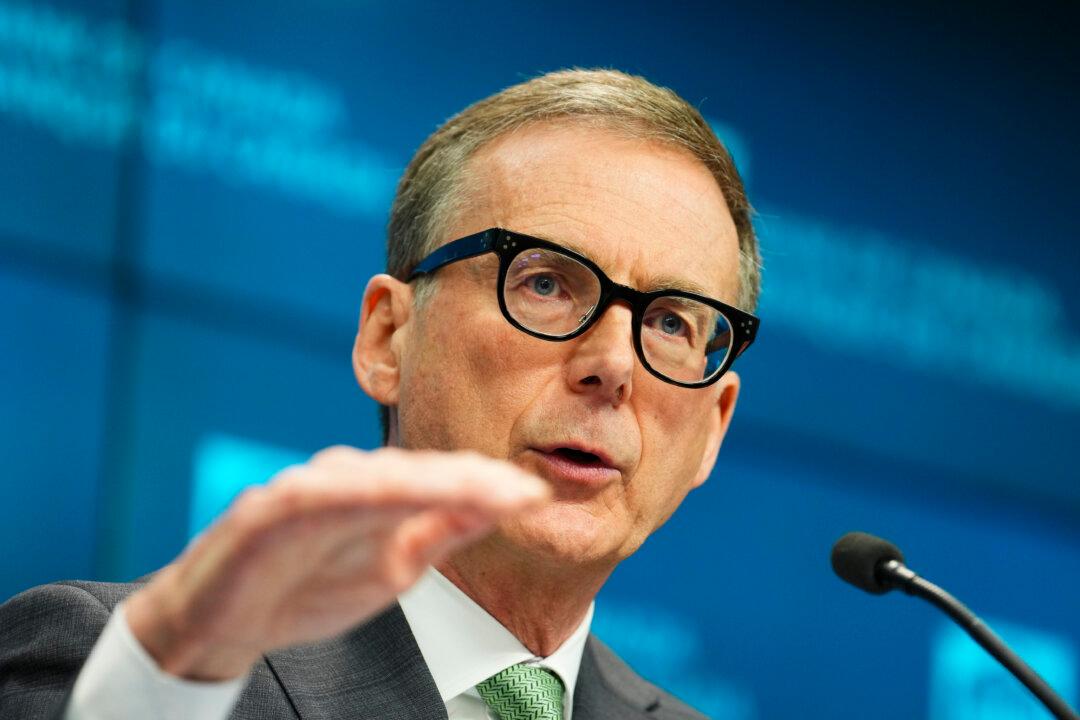Bank of Canada Governor Tiff Macklem says interest rates may need to stay higher “for longer” in order to return inflation to its 2 percent target.
“When our governing council met last week, we discussed whether we’ve raised rates enough, and we considered the likelihood that the policy rate may need to remain restrictive for longer to return inflation to the 2 percent target,” Macklem told the Standing Senate Committee on Banking, Commerce and the Economy on April 18.





